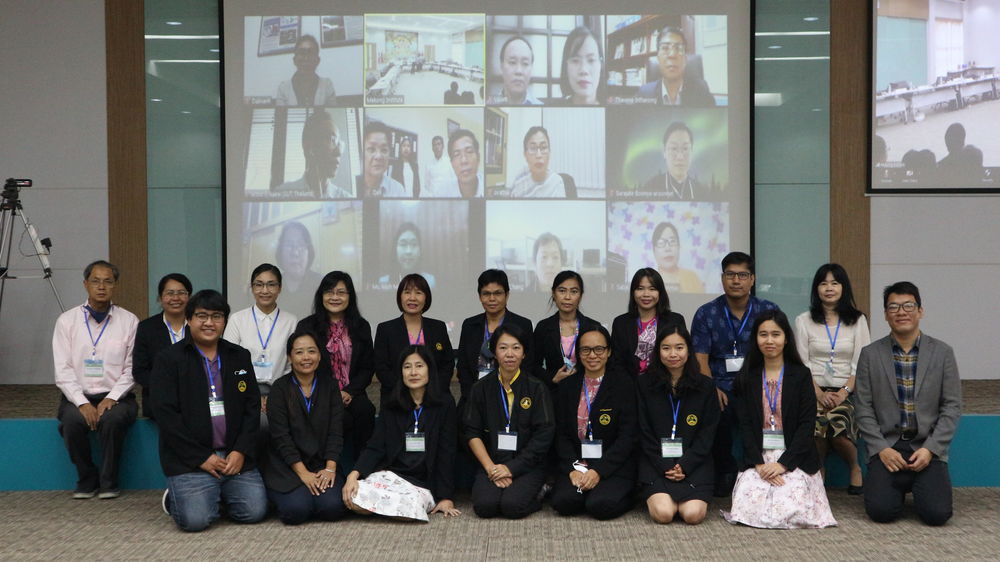Mekong Institute (MI) and the Thailand Rice Department are taking steps to build resilient rice production industries at a workshop on “Development of Rice Pest and Natural Disaster Monitoring Forecasting and Warning Center for Sustainable Rice Production under Climate Change in the Mekong-Lancang Subregion” today.
“With your help, this workshop sets the foundation for collaborative planning and action in our risk preparedness and response to natural disasters. This will direct the path to a stronger and more robust agriculture sector,” Ms. Maria Theresa S. Medialdia, MI’s Director of Agricultural Development and Commercialization said in her opening statement.
Considered as Asia’s veritable rice bowl, the Mekong-Lancang subregion produces 44 percent of the world’s rice. However, rice industries in Cambodia, P.R. China, Lao PDR, Myanmar, Thailand, and Vietnam have become increasingly vulnerable to the impacts of climate change. Through the workshop, MI and the Thailand Rice Department, as well as other partner government agencies, will pool expertise and technical resources that will help establish a cohesive and unified regional response to pest outbreaks and other natural disasters.
“When we share information, we learn from each other,” said Dr. Payorm Cobelli, Director of Rice Protection Research Group, Division of Rice Research and Development at the Thailand Rice Department of the Thailand Rice Department. Dr. Payorm further explained that the workshop is an important junction, as it is the initial step taken by representatives of Mekong-Lancang countries to discuss the sharing and consolidation of data that will strengthen sustainable rice production.
“Ultimately, the work we are doing will later help our governments, rice industries, communities, and farmers make informed decisions and take appropriate actions before a pest outbreak or disaster strikes. These will mitigate risks and losses, and more importantly, protect the way of life of our people,” Dr. Payorm ended.
With support from the Mekong-Lancang Cooperation Special Fund, 36 government officials from Cambodia, P.R China, Lao PDR, Myanmar, Thailand, and Vietnam will exchange information on rice production technologies, innovative studies, and best practices on pest control and disaster management strategies, as part of the overall mission of fostering an inter-county culture of information sharing on rice production planning and management. Outputs from the October 27 and 28, 2020 workshop will feed into the development of a rice pest and natural disaster monitoring, forecasting, and warning Artificial Intelligence system.
This is the first blended online and onsite workshop of MI, with Thailand participants attending the sessions at the MI Headquarters in Khon Kaen, Thailand, while government representatives from Cambodia, P.R. China, Lao PDR, Myanmar, and Vietnam are participating via Zoom conference.








